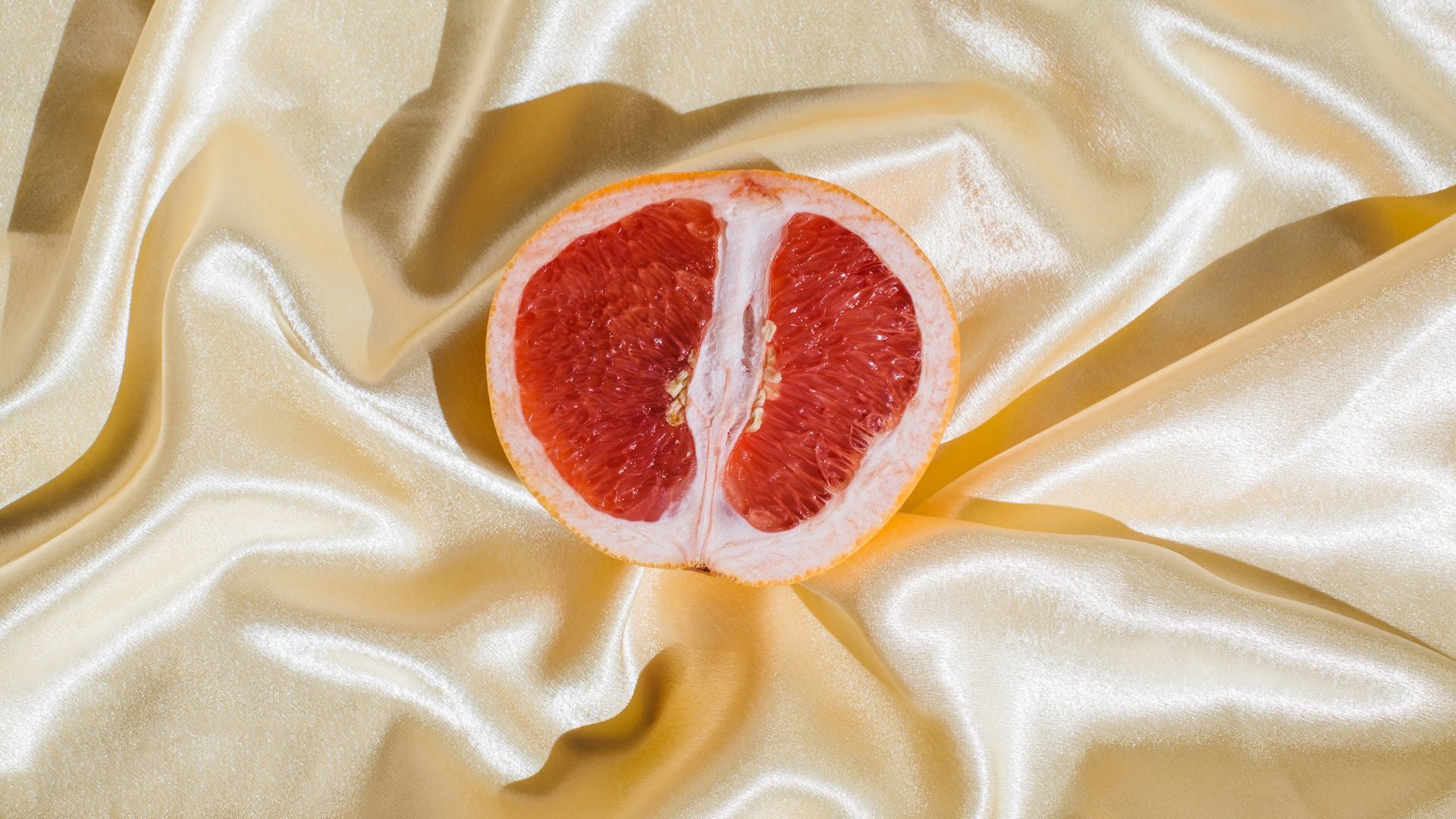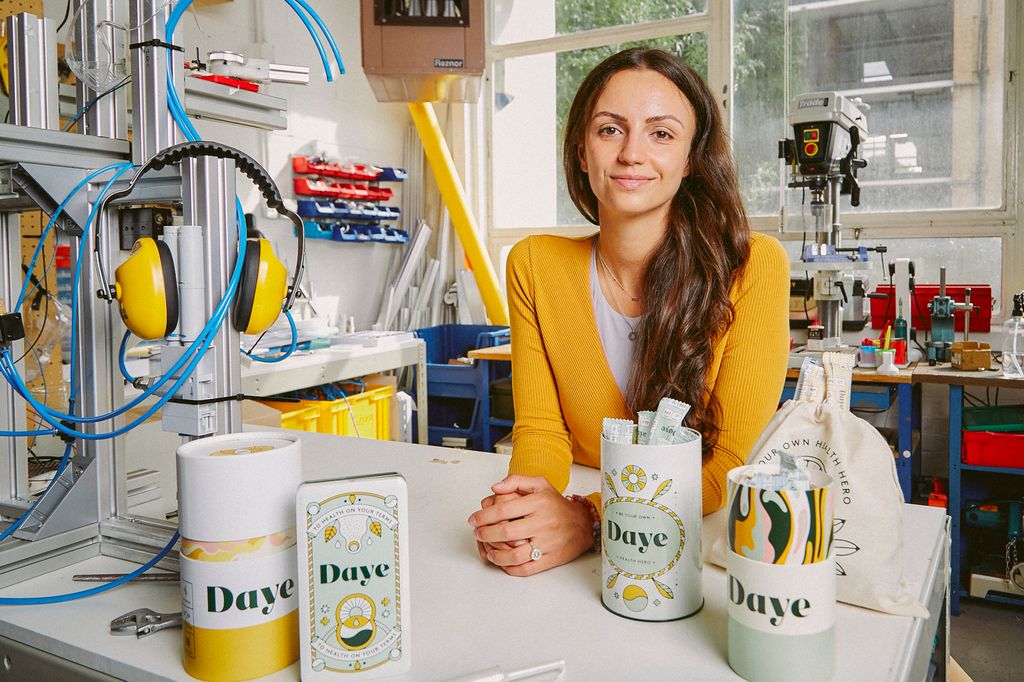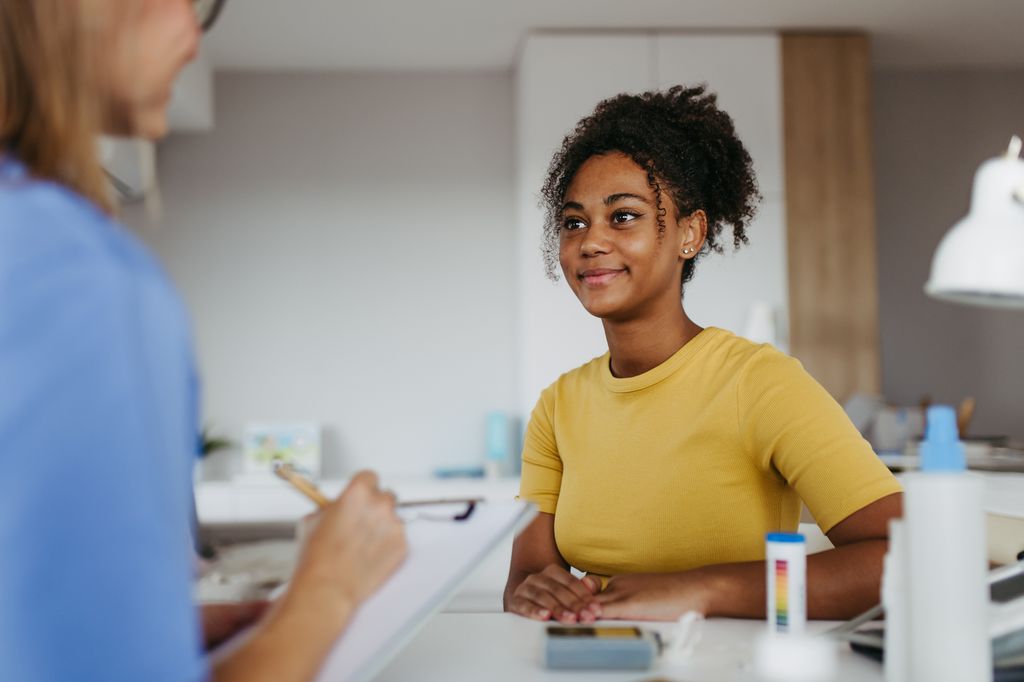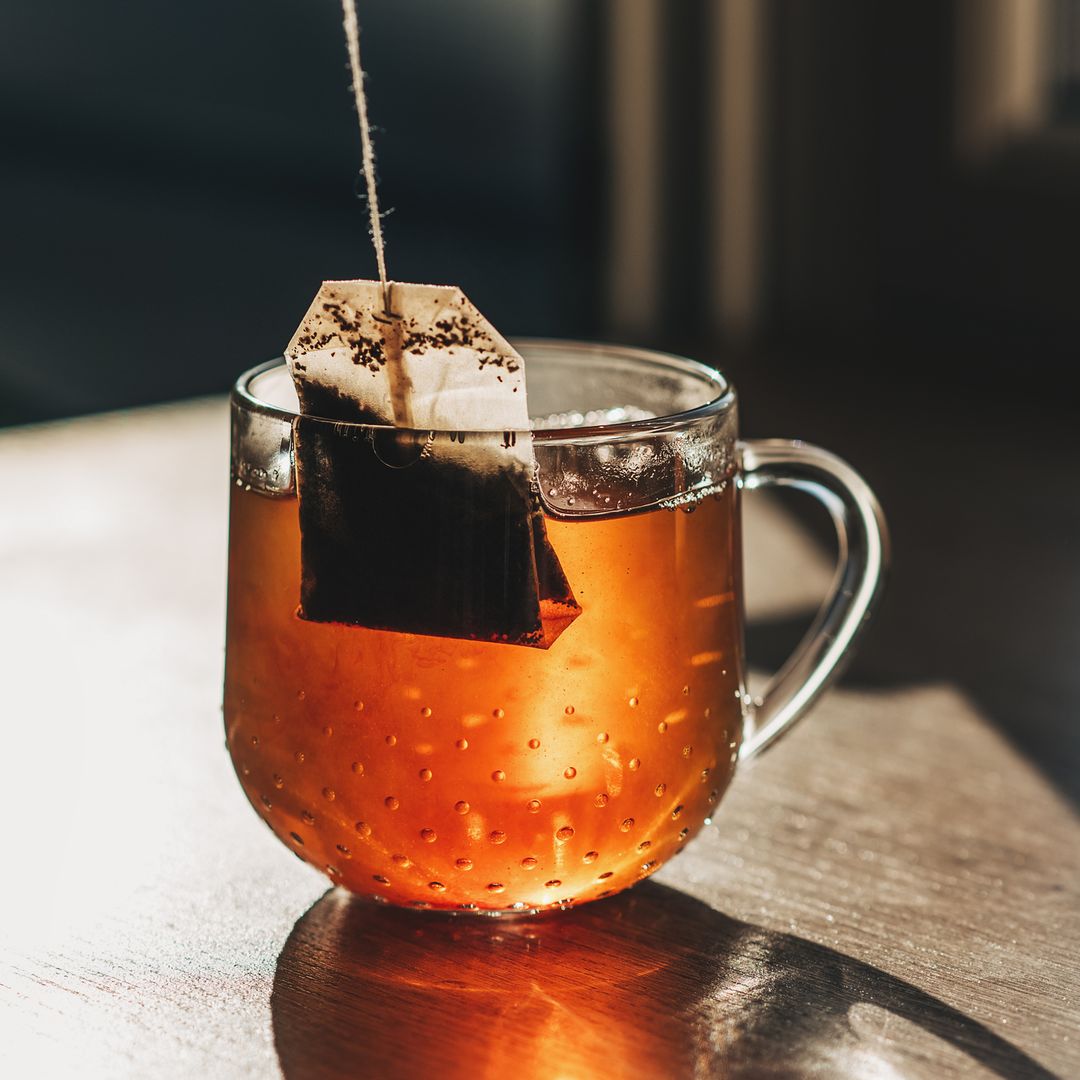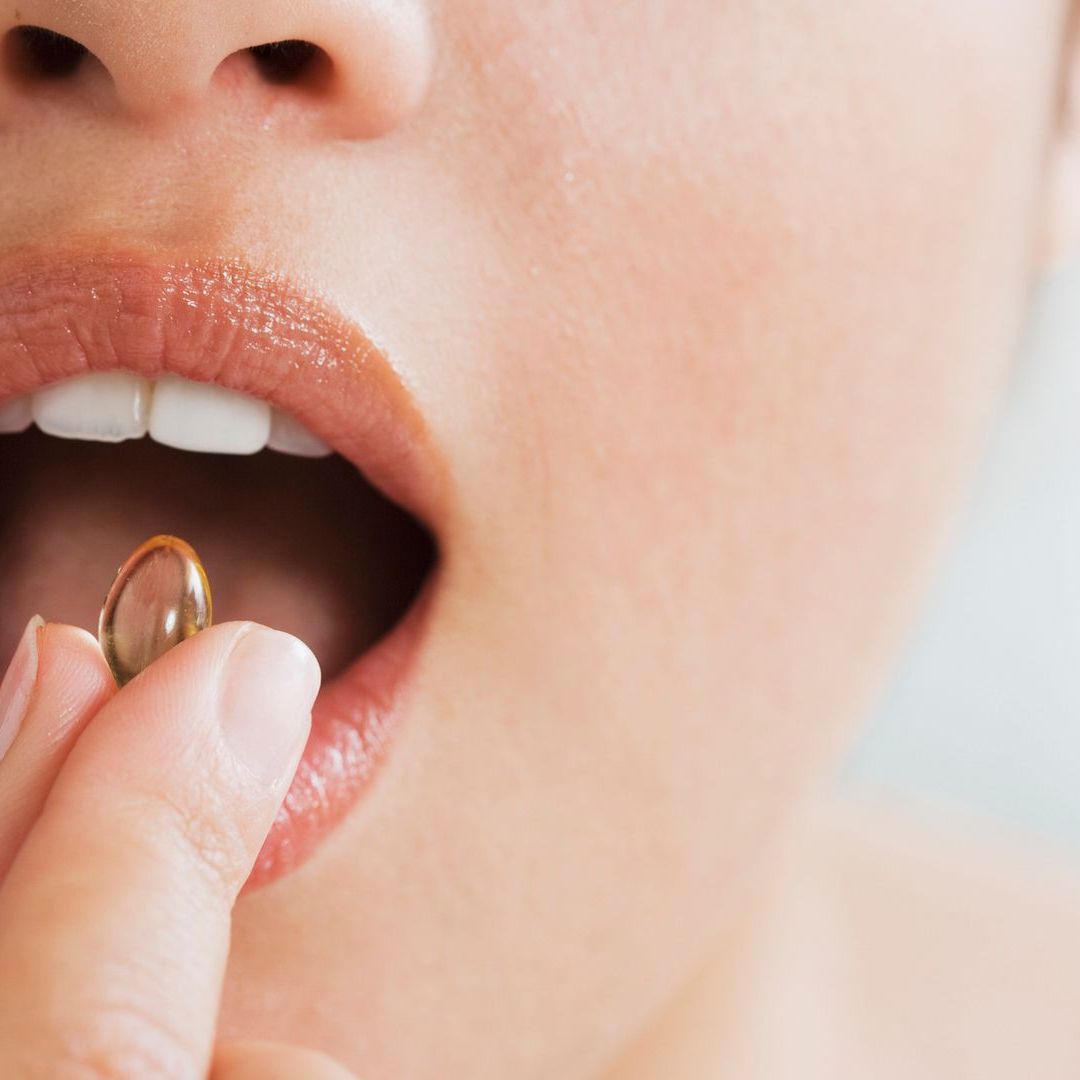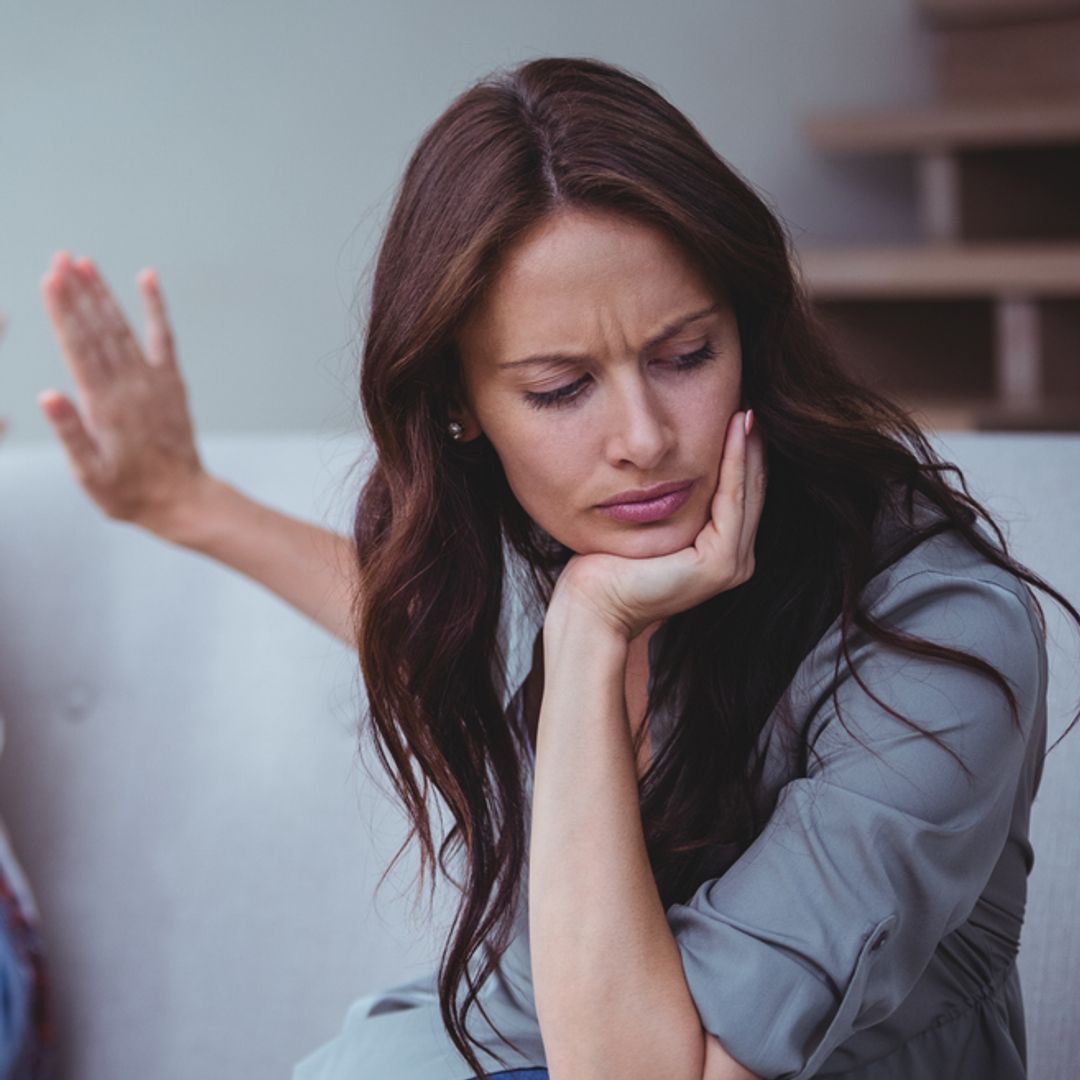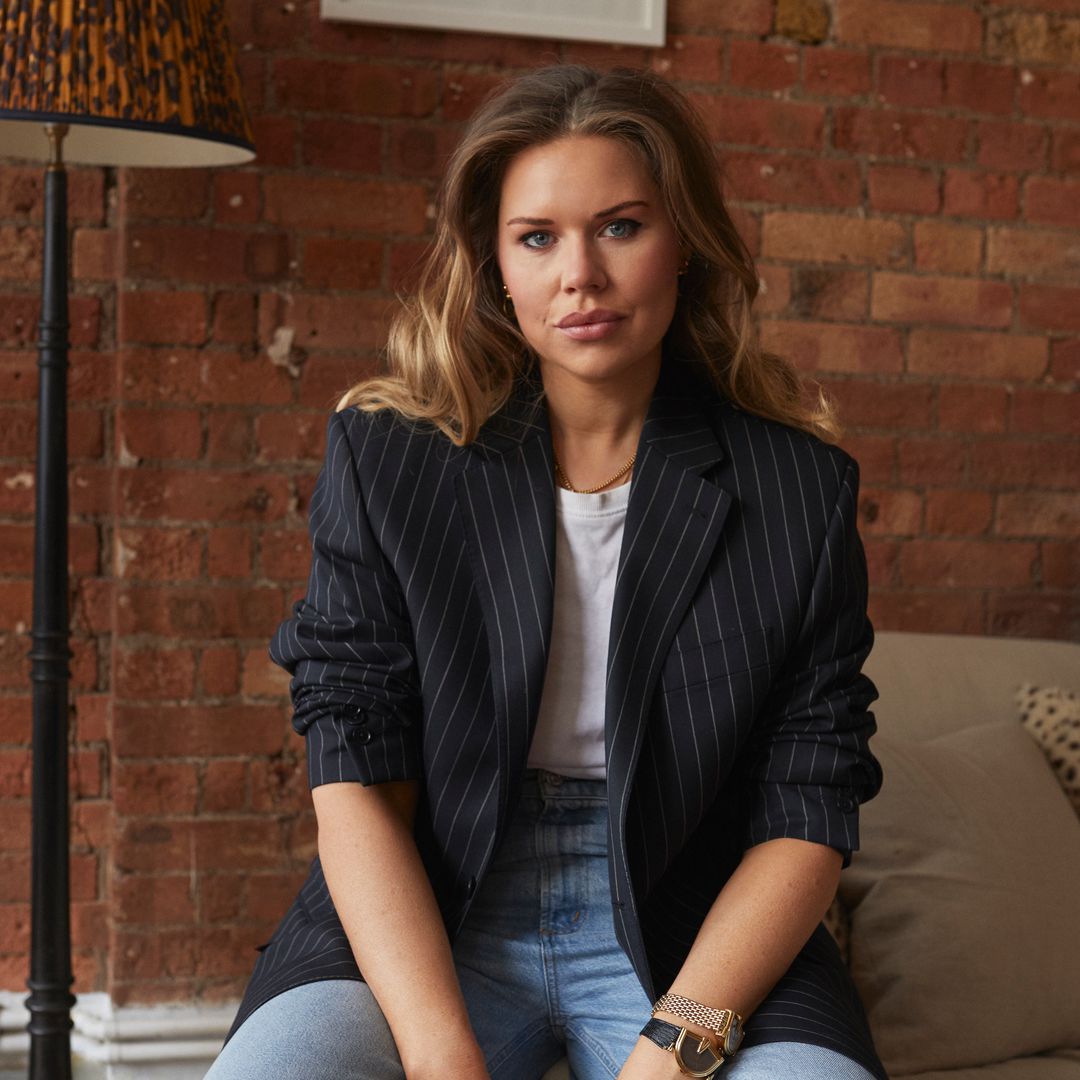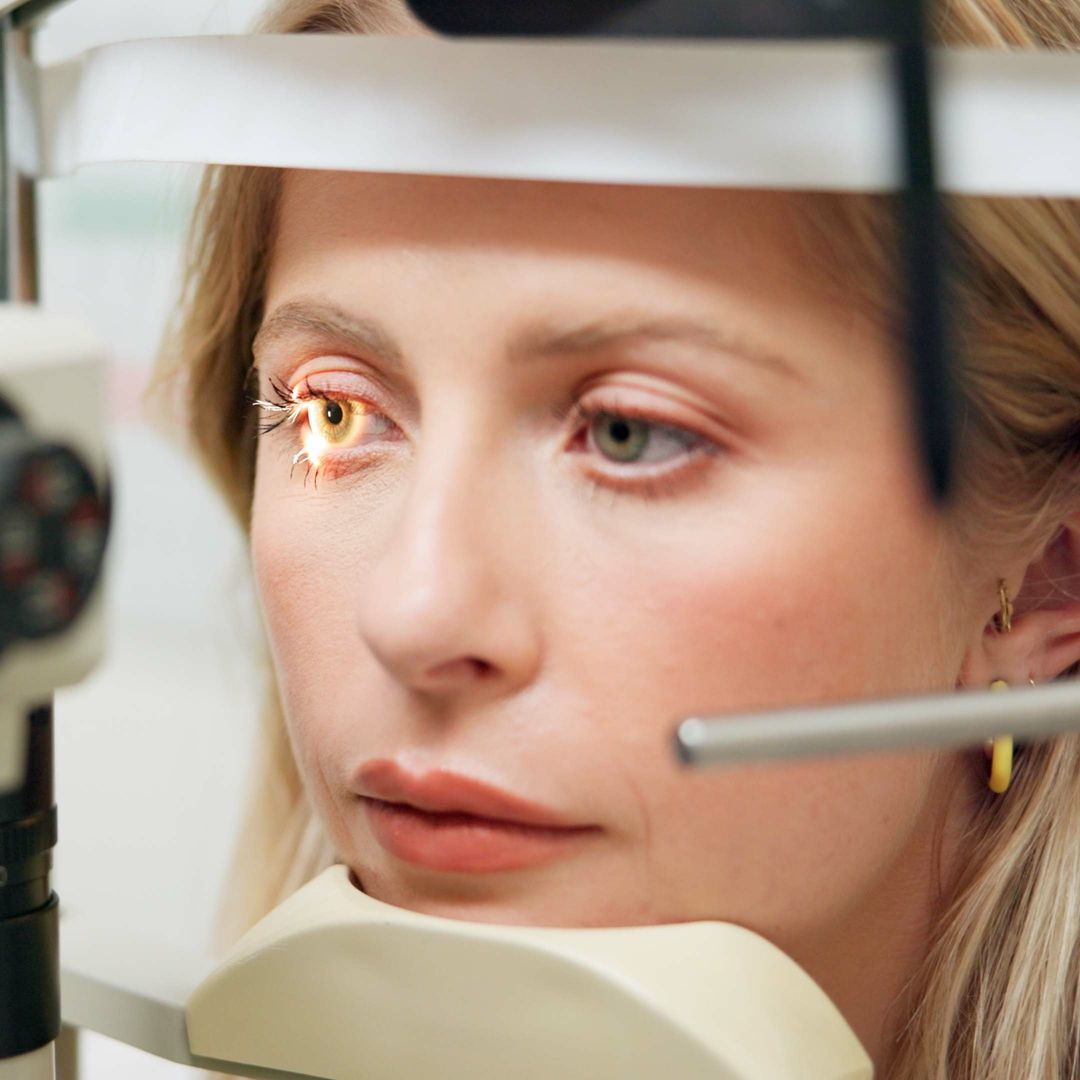The discomfort surrounding discussions of vaginal health is a multifaceted issue, deeply rooted in societal norms, educational gaps and personal embarrassment.
Societal stigma plays a significant role, with many cultures and societies viewing discussions about sexual and reproductive health as taboo. This stigma can lead to individuals being labelled as dirty or ignorant for discussing or not discussing vaginal health, further exacerbating the discomfort.
Moreover, the lack of comprehensive sexual education in many parts of the world contributes to this discomfort. Without proper education, we may lack the necessary vocabulary and understanding to discuss vaginal health effectively. This lack of knowledge can lead to feelings of embarrassment and discomfort when the topic arises.
It's worth noting that this discomfort is not limited to women. More than half of men report feeling uncomfortable discussing gynaecological health, highlighting the widespread nature of this issue.
Young adults in particular often turn to the internet rather than their doctors for information on vaginal health. While the internet can be a valuable resource, it can also propagate misinformation, leading to further confusion and discomfort.
Breaking the stigma
Breaking the stigma surrounding vaginal health is of paramount importance. Open conversations about vaginal health can promote accurate information, dispel myths, and help to erode the shame associated with these discussions.
This is particularly important for preventive measures such as regular STI and infection screenings. Timely medical assistance can lead to better health outcomes, preventing complications such as infertility, pregnancy difficulties and the progression of HPV to cervical cancer.
Addressing the stigma also has significant implications for mental and emotional well-being. The shame associated with discussing sexual health can be internalised, particularly in young women and girls. By fostering open and non-judgmental discussions about vaginal health, we can help reduce this internalised shame and promote healthier attitudes towards sexual health.
DISCOVER: How to overcome your exercise fear if you're suffering from pelvic floor weakness
For those who are uncomfortable discussing vaginal health, it's crucial to recognise that it is a normal and essential aspect of overall health. The vagina is not dirty or smelly but the opposite - it is a self-cleaning organ. At Daye, we aim to provide reliable online educational resources on all things vaginal health. One of our core values is that you shouldn't need a medical degree to understand the workings of your body.
The rise of supplements and products specifically designed for vaginal health, such as probiotics and specifically designed washes and vulva skincare, may contribute to a more open dialogue about the topic. These products can improve vaginal health and normalise their use, making it easier for individuals to discuss their experiences and concerns.
READ: Why are women expected to stop having fun in our thirties?
There is no normal
It's also important to understand that there is no single 'normal' when it comes to vaginal health. Everyone's body is different, and what is normal for one person may not be for another.
This diversity should be celebrated, not stigmatised. By promoting this understanding, we can help individuals feel more comfortable discussing their vaginal health and seeking help when needed.
The discomfort surrounding discussions of vaginal health is a complex issue with deep societal, educational and personal roots. However, by breaking the stigma, providing accurate information and promoting open conversations, we can help individuals feel more comfortable discussing their vaginal health.
This is not just about improving individual health outcomes - it's about fostering a healthier, more open society where everyone feels comfortable discussing their health. We should empower individuals with the knowledge they need to understand and take control of their vaginal health.
Valentina Milanova, women's health expert and founder of Daye, a gynaecological health company that offers products and services for period pain, at-home STI testing and the treatment of vaginal infections.
